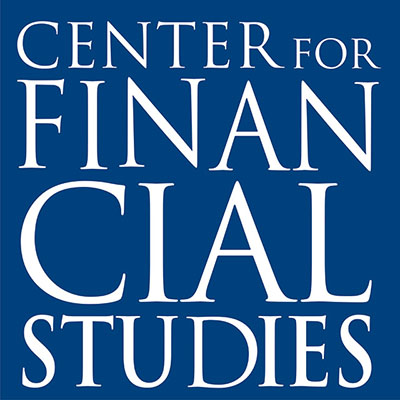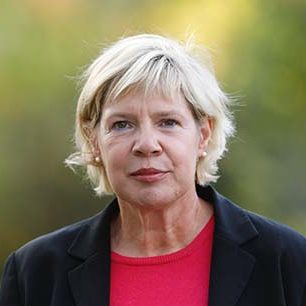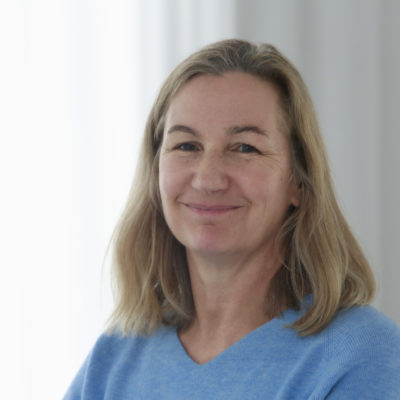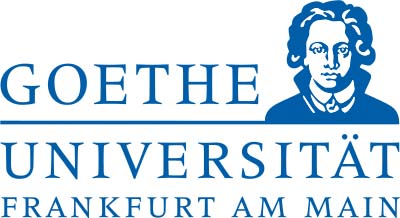CFS Lecture
06.06.2023 | 17.30 - 18.30 Uhr
The Global Infrastructure Challenge and the (new) Race for Africa
– in cooperation with the House of Finance at Goethe University and the U.S. Consulate General Frankfurt
Moderation: Prof. Dr. Rainer Klump, CFS-Director and Goethe University
One billion people live more than 2 kilometers from an all-weather road, and 1.2 billion have no access to electricity. This shortage of infrastructure poses a particular threat to Africa, where a decade after President Obama launched “Power Africa,” half the continent’s sub-Saharan population remains without access to electricity. In addition, only 43 percent of Africa’s rural population has access to an all-weather road. Africa’s infrastructure shortage coincides with its demographic explosion. The continent is home to a number of countries—Nigeria, for example—whose populations (and therefore workforces) are projected to expand by almost 3% per year until 2030. In principle, the reallocation of savings from aging rich countries to the financing of efficient infrastructure investments in labor-abundant Africa has the potential to boost growth for the poor and retirement-savings returns for the rich. Without this reallocation, the demographic shift underway will lead, instead, to increased pressure on European countries to absorb an ever-greater exodus of workers from African countries that lack the productive capacity to generate jobs for their people. Achieving the positive-sum outcome, requires a rational, objective, data-driven framework that distinguishes infrastructure investments in Africa with verifiable productive potential, from those that will waste money and lead to debt crises such as those that have emerged under China’s Belt and Road Initiative. In this lecture, Peter Blair Henry presents a new, “Dual-Hurdle-Framework” that: (a) enables public and private decision makers to make this distinction, and (b) provides a direction for constructive US-European collaboration on African-led infrastructure priorities.
Venue: Campus Westend, Goethe University Frankfurt
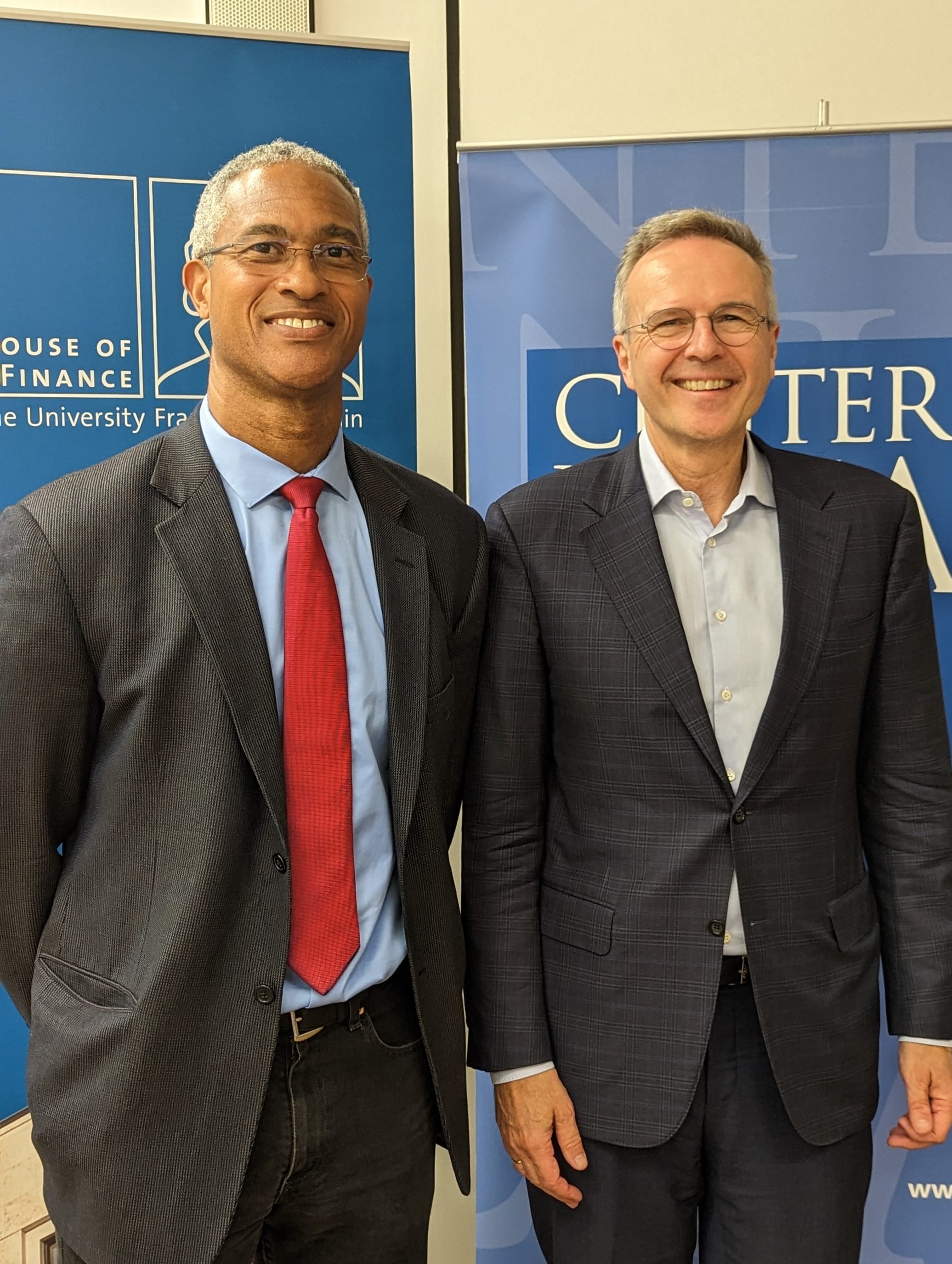
Diesen Beitrag Teilen
Sie haben Fragen zum Event?
Diesen Beitrag Teilen
Sie haben Fragen zum Event?
